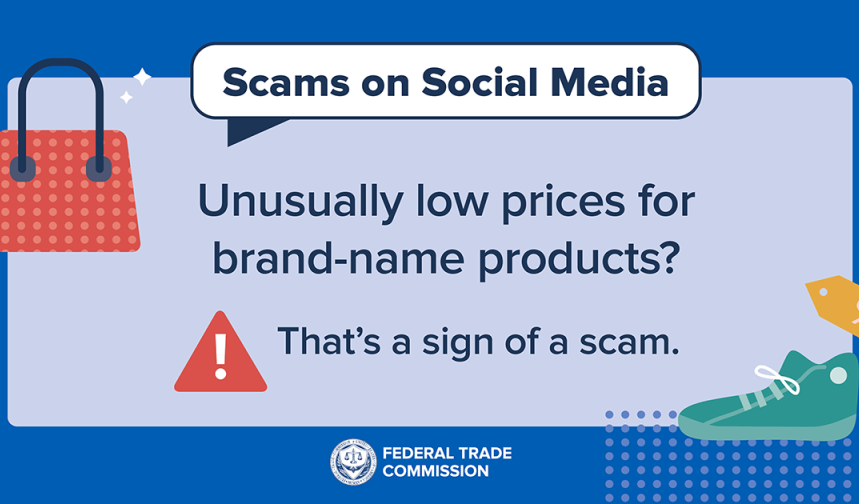Let’s delve into the crucial topic of safeguarding yourself against social media scams.
Recognizing Common Social Media Scams
Social media platforms have become a breeding ground for scams and fraudulent schemes. It is important to be able to recognize common social media scams to protect yourself from falling victim. Some common scams include fake giveaways, phishing scams, and counterfeit product schemes. By understanding the signs of these scams, you can avoid becoming a target.
Fake giveaways often promise a popular product at an incredibly low price or even for free. These scams usually require you to provide personal information or payment details, which can be used for identity theft or financial fraud. Phishing scams, on the other hand, involve tricking you into revealing sensitive information such as passwords or credit card details. These scams often use deceptive messages or links that appear to be from a legitimate source.
Counterfeit product schemes are also prevalent on social media platforms. Scammers create fake accounts or websites that offer popular products at heavily discounted prices. However, these products are usually counterfeit and of poor quality. It is important to be cautious when encountering such offers and to verify the legitimacy of the seller or website before making any purchases.
Educating Yourself on Online Security Measures
Educating yourself on online security measures is essential to safeguarding yourself from social media scams. Here are some key measures to consider:
– Stay informed about the latest scam tactics and techniques used by scammers. Regularly read news articles or blogs that provide updates on common scams and how to avoid them.
– Be skeptical of offers that seem too good to be true. If a product is being offered at an unusually low price or with unrealistic promises, it is likely a scam. Check out this article from the FTC on protecting against scammers.
– Learn how to recognize phishing attempts and avoid clicking on suspicious links or downloading attachments from unknown sources. This article provides some tips on recognizing and avoiding phishing.
– Familiarize yourself with the security features and settings of the social media platforms you use. Understanding how to enable privacy settings and report suspicious activity can help you stay protected.
– Consider using reputable antivirus software and a firewall to provide an additional layer of protection against malware and other online threats.
By educating yourself on these online security measures, you can enhance your ability to identify and avoid social media scams.
Staying Vigilant Against Scam Tactics
Scammers are constantly evolving their tactics to deceive unsuspecting victims. Staying vigilant is crucial in protecting yourself from social media scams. Here are some important points to remember:
– Trust your instincts. If something feels off or too good to be true, it probably is.
– Be cautious when clicking on links or downloading files, especially from unfamiliar sources.
– Verify the authenticity of offers or promotions by researching the company or seller independently. Look for reviews or feedback from other customers.
– Report any suspicious activity or accounts to the social media platform. This helps protect others from falling victim to the same scam.
– Stay up to date with the latest security practices and news related to social media scams. By staying informed, you can better protect yourself against new scam tactics.
By staying vigilant and being proactive in protecting yourself, you can reduce the risk of falling victim to social media scams. If you feel you’ve been the victim of fraud, you can report it to the FTC here.


